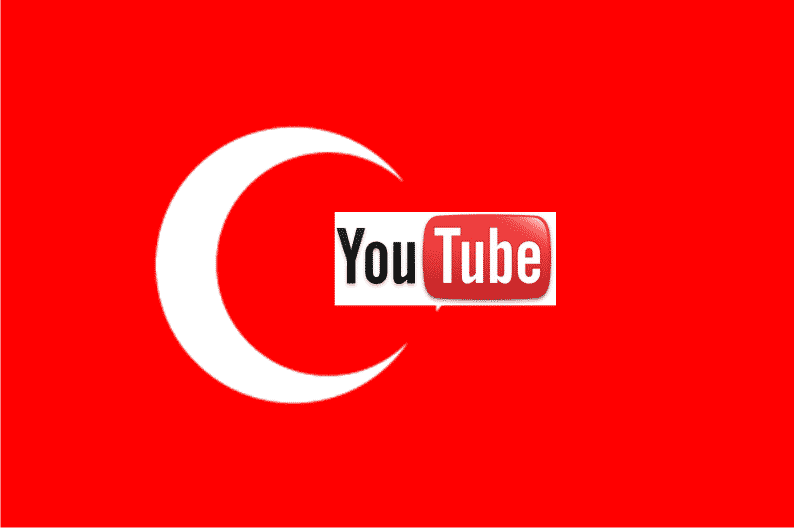Turkish government has been increasingly proactive in banning online services in the last year or so. In a rare reversal of this trend, the government has now unbanned YouTube after a two-month blackout of the video service.
If it were up to the Turkish government, the YouTube ban would have stayed in place. Prime Minister Recep Tayyip Erdogan and his party have actively advocated a careful control and censorship of online services. This is part of an organized effort to crush political dissent and maintain a tight grip on the narrative.
Turkey also blocked Twitter after numerous videos and reports emerged on the micro-blogging site, implicating minister in Erdogan’s government of corruption. Rather than disprove the allegations cited in these videos, government simply decided to clamp down on the online services, further muddying the waters.
When Turkey banned YouTube, Google took the case to Turkey’s Constitutional Court. The premise of the case was that the ban was a direct violation of basic human rights. Interestingly, the court agreed with Google and ordered the unbanning of YouTube. Although the ruling was dished out on April 4th, it is only now that the Turkish government has finally implemented it and allowed access to YouTube again.
However, there are reports that Turkish government is now trying to work in ‘collaboration’ with online services. This could mean that the authorities filter the content of these services rather than banning them, thus effectively controlling the narrative without drawing any outcry.
Courtesy: Engadget
[ttjad keyword=”android-phone”]



